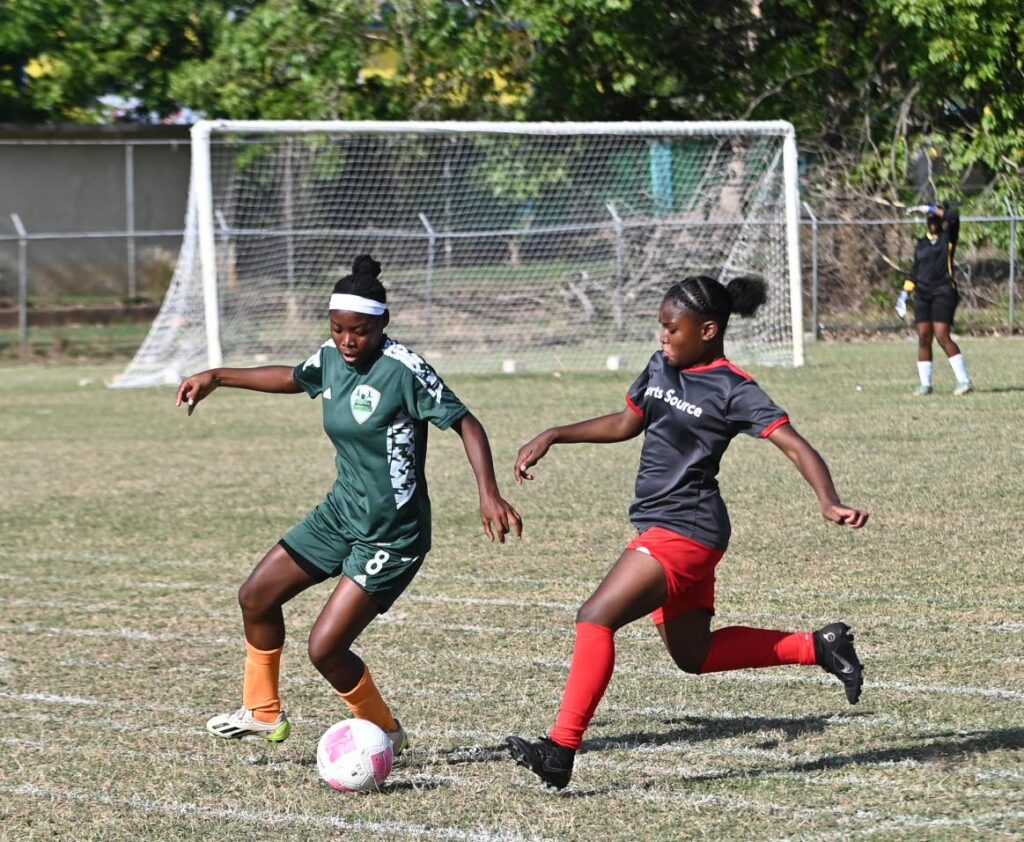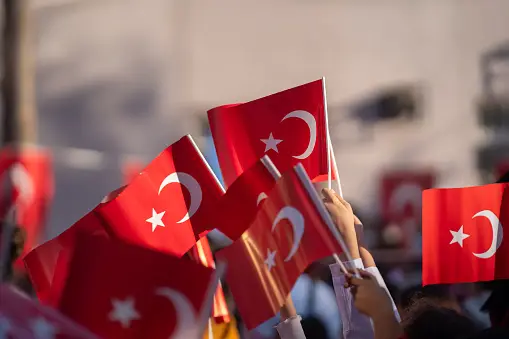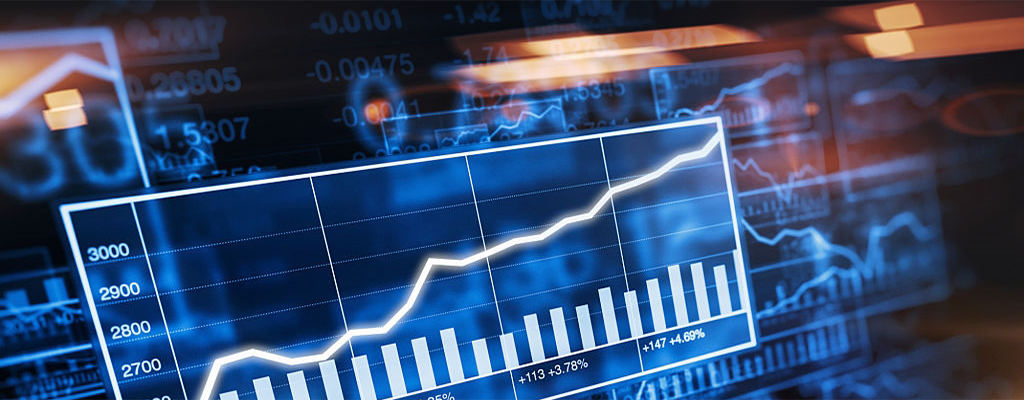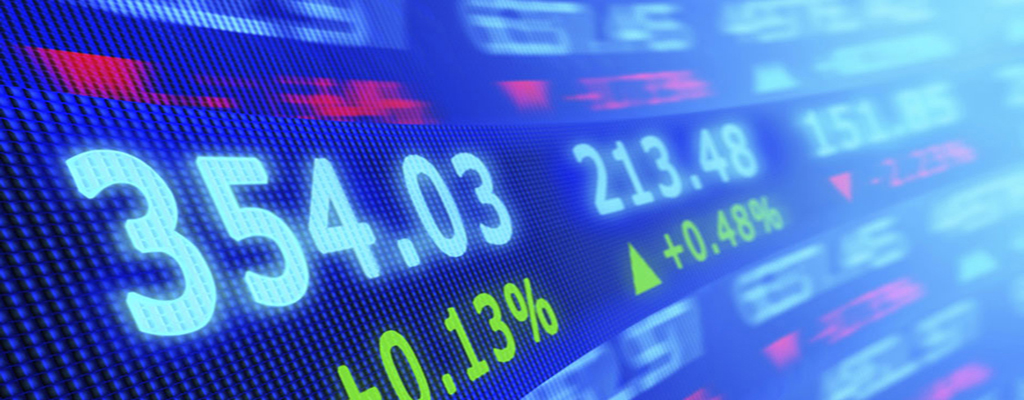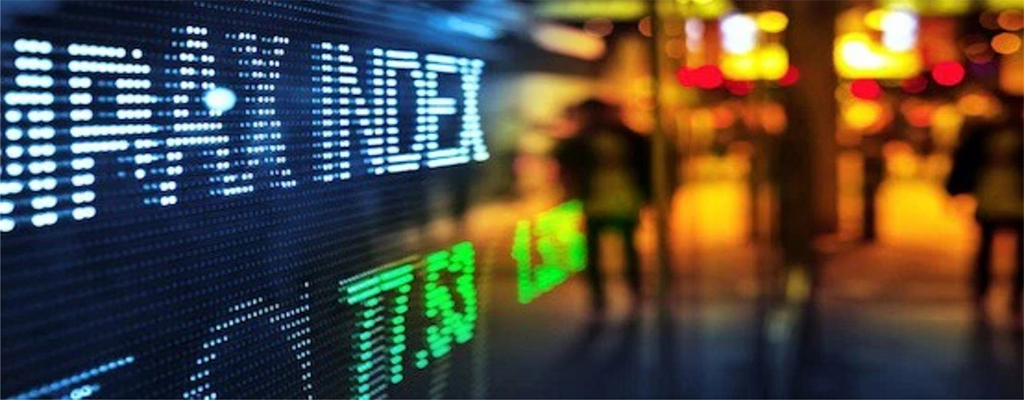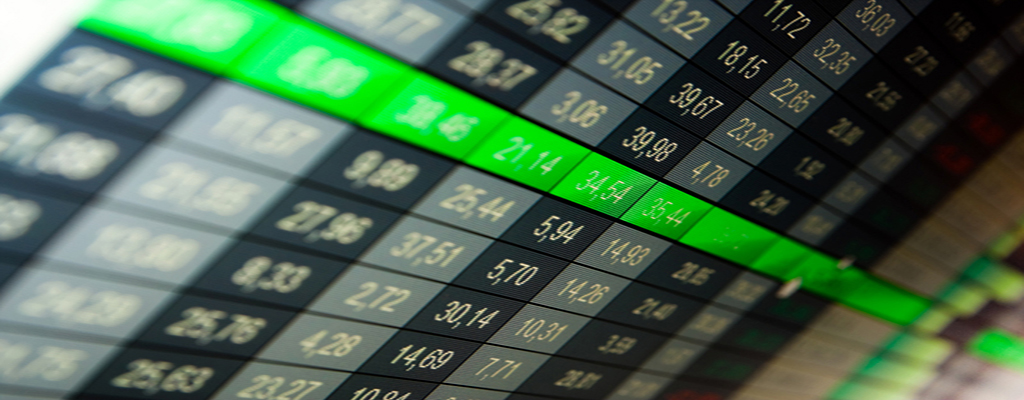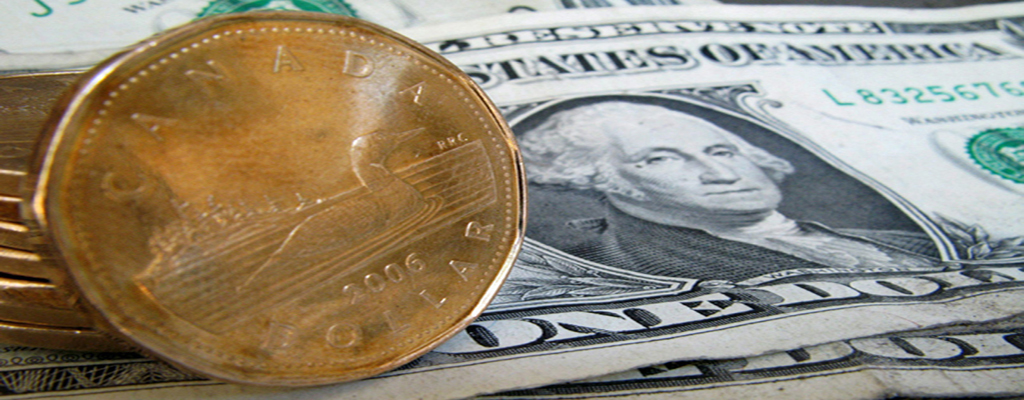PH 'determined to stay out' of FATF watch list

ADVANCES in digital technology have raised financial security risks, and regulators have had to ramp up efforts to combat money laundering and illicit transactions, Bangko Sentral ng Pilipinas Governor Eli Remolona Jr. said.
"It's essentially an arms race between us and them, so we have to keep up with the arms race," Remolona told reporters on Tuesday.
Regulators, he added, are currently conducting a risk assessment in an effort to keep the Philippines from returning to a global dirty money watch list.
The country's removal last month from the Financial Action Task Force (FATF) gray list of countries under heightened monitoring, he said, was facilitated in part by a ban on Philippine online gaming operators (POGOs), a sector that has been linked to financial crimes.
"That (the POGO ban) was not on the [FATF's] list [of action items for the Philippines]. Nonetheless, I think it was important in getting us off the gray list," he said.
The 2021 Bangladesh central bank heist, where hackers sent $81 million in stolen funds to accounts in the Philippines, had brought "unwanted attention" to the country and pushed the FATF to require a high-level commitment from the government.
"[T]he the banning of POGOs was a demonstration of that high-level commitment," Remolona said.
Removal from the FATF list does not mean the fight against dirty money is over, he added.
"In the past, we go in, we go out. This time, we are determined to stay out of the greylist," Remolona said.
"So, part of that means looking at our risks again. We call that national risk assessment. So, we look at the whole economy to figure out what else can lead to risks of money laundering, what else can lead to terrorism financing and so on."
The next FATF evaluation for the Philippines is scheduled for 2027.
What's Your Reaction?
 Like
0
Like
0
 Dislike
0
Dislike
0
 Love
0
Love
0
 Funny
0
Funny
0
 Angry
0
Angry
0
 Sad
0
Sad
0
 Wow
0
Wow
0













